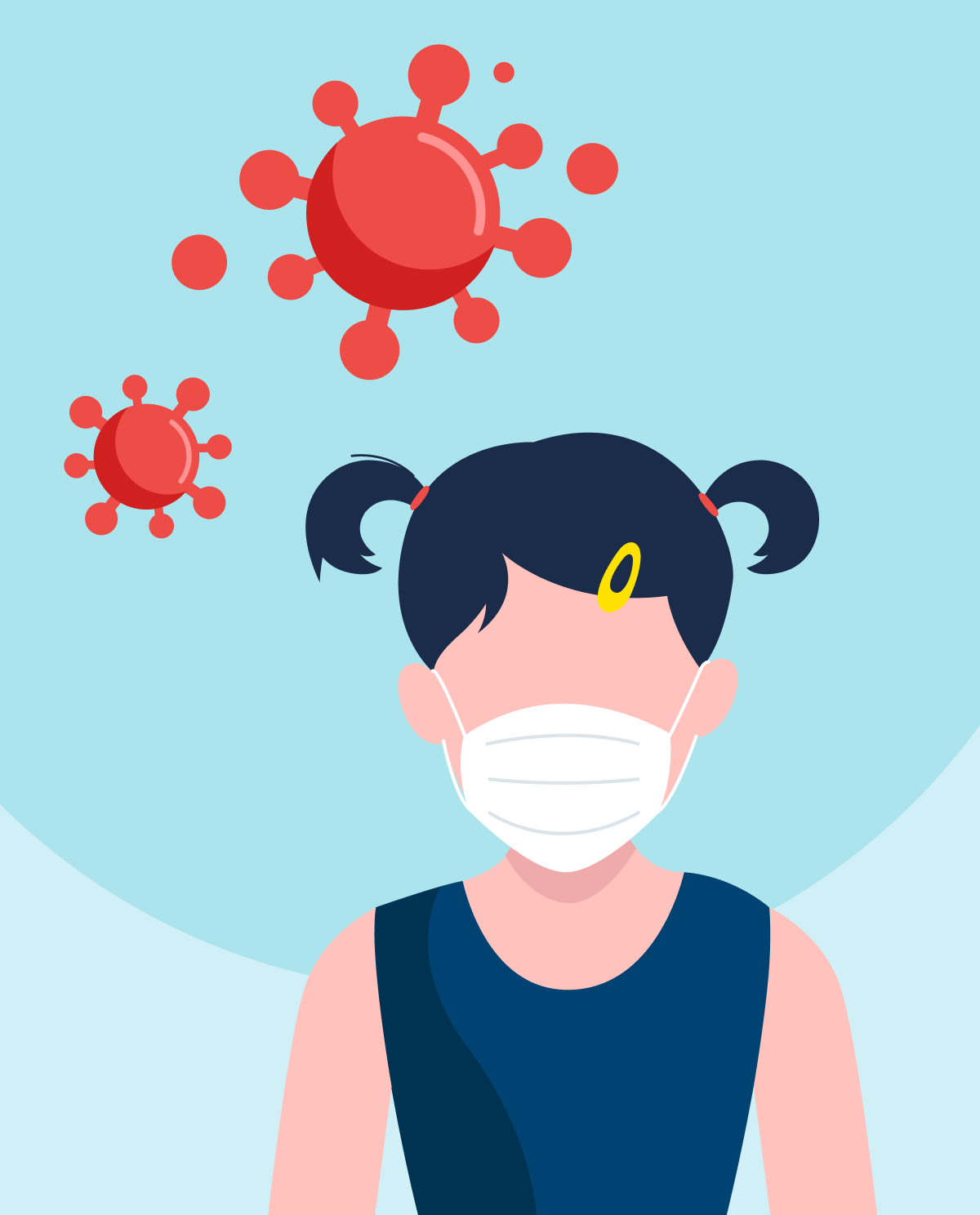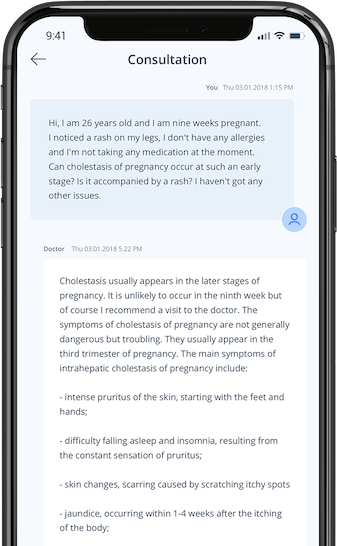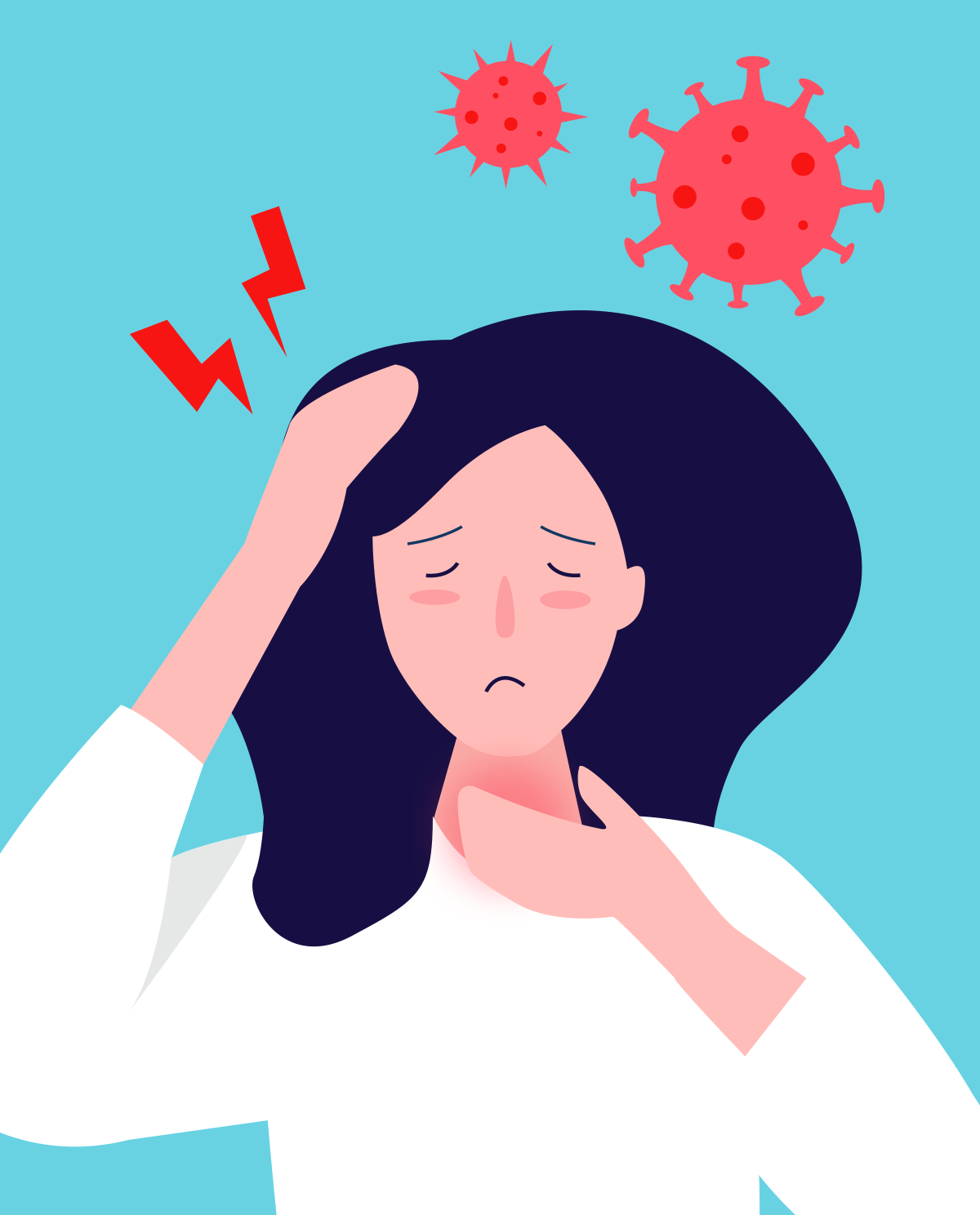Mode of transmission
The main way RSV spreads is through coming into contact with respiratory secretions from an infected individual. When an infected person coughs or sneezes, they release small droplets containing the virus into the air. Transmission can occur directly, If a healthy person inhales these droplets or touches a contaminated surface and then touches their nose or mouth, they can become infected. RSV can also spread through indirect contact with contaminated objects like toys or doorknobs, where the virus can survive for several hours. This makes it easy for the virus to spread to others who touch the contaminated objects and then touch their nose or mouth. Furthermore, RSV can be spread by people who are infected but don't show any symptoms, which makes it challenging to control the spread of the virus. Thus, it's crucial to maintain good hygiene practices like washing hands frequently, covering coughs and sneezes, and avoiding close contact with sick people to prevent the spread of RSV.
Symptoms associated with RSV infection
The symptoms usually appear within a week after contact with a contaminated person. Generally, symptoms present as flu-like:
- Runny nose with a dry cough,
- Low-grade fever and headache,
- Sore throat.
In more severe cases, RSV infection has the potential to spread from the upper respiratory tract to the lower respiratory tract, which may lead to the development of pneumonia or bronchiolitis. Bronchiolitis is characterized by inflammation of the small airway passages that enter the lungs. The symptoms present as the following:
- High-grade fever,
- Severe cough accompanied by wheezing, difficulty breathing, and cyanosis (skin turns blue due to lack of adequate oxygenation).
Diagnostic methods
If you exhibit symptoms of RSV, your doctor may suspect its presence based on the time of year and findings from a physical examination. During the examination, the doctor may listen to your lungs with a stethoscope to detect abnormal sounds such as wheezing. While laboratory and imaging tests are typically unnecessary, the following can be helpful in confirming a diagnosis of RSV:
- Complete blood count (CBC),
- Chest X-ray to look for signs of pulmonary inflammation.
Treatment
The primary approach to treating respiratory syncytial virus is supportive care to alleviate symptoms and make the affected individual more comfortable. However, hospitalization may be necessary if severe symptoms occur. Supportive care typically involves the use of over-the-counter medications like acetaminophen to manage fever. Nasal saline drops and suctioning can help relieve congestion, while antibiotics may be prescribed if a bacterial complication such as bacterial pneumonia is present. To ensure the patient's comfort, offer plenty of fluids and monitor for signs of dehydration such as dry mouth, little to no urine output, sunken eyes, fussiness, or excessive sleepiness.








